Home
Research
Research Center
Research Center
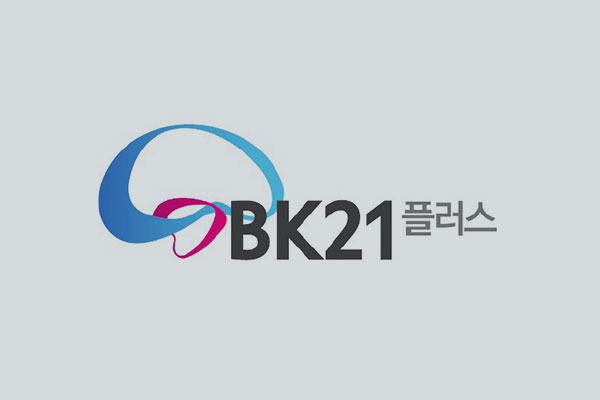
The Brain Korea 21+ Program in Mechanical and Aerospace Engineering at Seoul National University is a government-sponsored sevem-year graduate research and education program funded by the Korean National Research Foundation. With funds totalling in excess of USD 20 million over seven years, the program aims to foster the next generation of researchers and leaders mechanical and aerospace engineering-related technology. The funds allow participating graduate researchers and their faculty advisors to pursue high-risk, high-gain research, and to develop new and innovative education programs that reflect the rapidly changing landscape in technology and society.
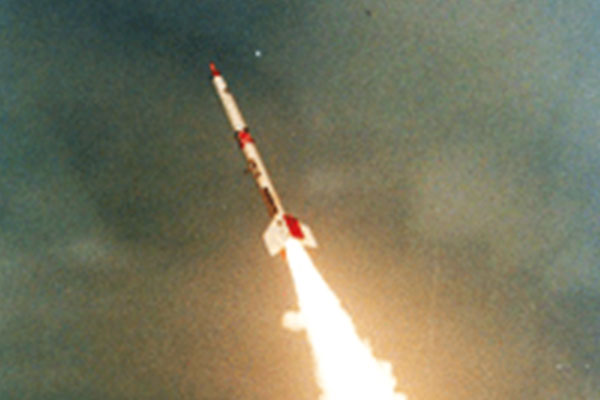
The Institute of Advanced Aerospace Technology (IAAT) was founded in 1999 to develop new aerospace technologies, and provide highly trained aerospace engineers to industry. The IAAT is expected to provide an environment in which to pursue integrated aerospacerelated research between universities and industris, as well as to foster inter-departmental research collaboration in aerospace technology. The Institute is presently organized into 5 divisions focusing on aeronautic technology, space technology, aerospace manufacturing, air traffic management systems, and air safety.
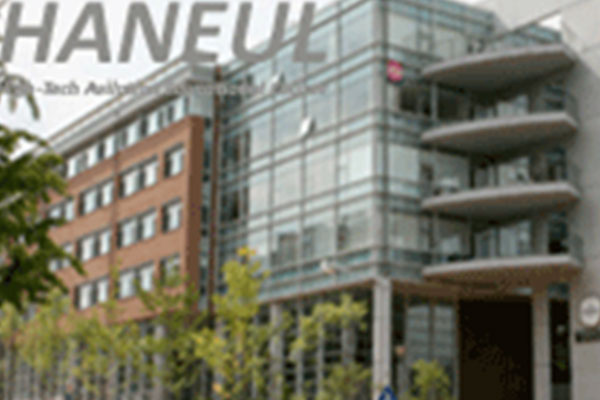
HANEUL project
Aerospace industry has spin-off technology impacts on other industries and therefore is evaluated as one of the future leading high-tech industry. Thus, the government selected aerospace technology field as the future promising technology, and has launched a long-term ongoing program for the aerospace industry until 2015. As a result of this program, workforce is expected to grow from 10,000 people to 27,500 people and it is foreseen that workforce demand on advanced aerospace technologies will be up to 15,000 people. Therefore, this 'HANEUL' project trains human resources who will lead the aerospace industry, by supporting researchers, opening seminars, and educating practitioners.
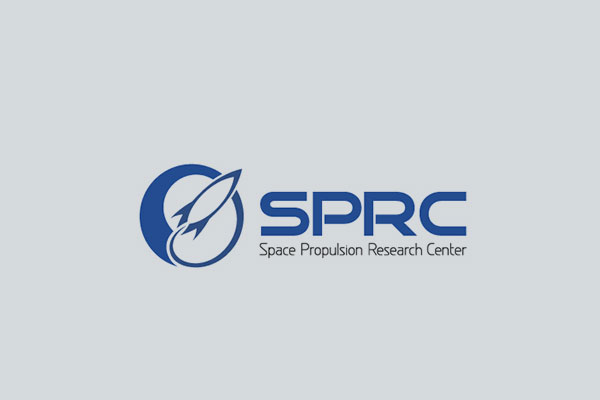
Since space technology requires the highest level of technological power, it is a high value-added future growth power industry that has a large impact on other industries. Therefore, it has a great impact on people's lives at present and space development is being conducted through technology research competitively in advanced overseas countries. Space technology can be broadly divided into satellite technology and space launch vehicle technology. Between them, space launch vehicle technology is an important technology directly connected with national security, and interchange and transfer between countries are strictly controlled. Therefore, our center will acquire basic core technologies related to propulsion engines that can be used in the KSLV-2 project and the next-generation space launch project, and nurture high-level professional manpower required for developing the launch vehicle. Also, it will act as a channel to acquire advanced technology related to propulsion engines through academic exchanges with private research institutes and overseas research institutes.
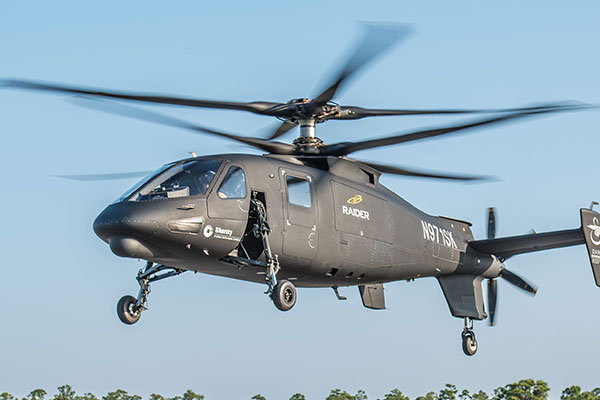
High-speed Compound Unmanned Rotorcraft (HCUR) Research Center
High-speed Compound Unmanned Rotorcraft (HCUR) Research Center was established for the fundamental research and development of the unmanned compound rotorcraft, which has improved forward flight speed and vertical landing/take-off capabilities. This center is composed of 5 elements and 12 faculties in Korea. The five elements are design and system integration, aerodynamics, acoustic noise reduction, flight control, and vibration reduction. The center will be supported for the next six years by the Defense Acquisition Program Administration (DAPA) under the Korean Department of Defense.
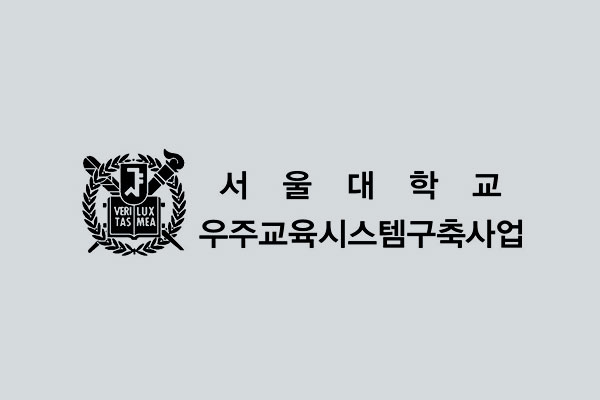
Transformative Training Program for Creative Core Engineers in Space Engineering
Supported by the Ministry of Science and ICT, this project aims to establish the specialized education system which trains top-tier engineers to contribute national space technology foundation as well as to foster national space industry. We firstly manage “Space-fusion education track” to support graduate students. The track is composed of four specialized training programs focusing on space launch system, satellites & its utilization, space materials and space risk response. For each program, there are special sessions in which specialists from space institutes, universities and industries directly teach the core knowledge. In addition, there are practice sessions in which students visit and experience experimental studies at research facilities of Korea Aerospace Research Institute. The process to establish “Interdisciplinary graduate program of Space-fusion education” composed of 9 disciplines, 29 full-time professors are currently on-going. The “interdisciplinary graduate program of Space-fusion education” will recruit graduate students starting from the spring semester of the 2019 school year.
